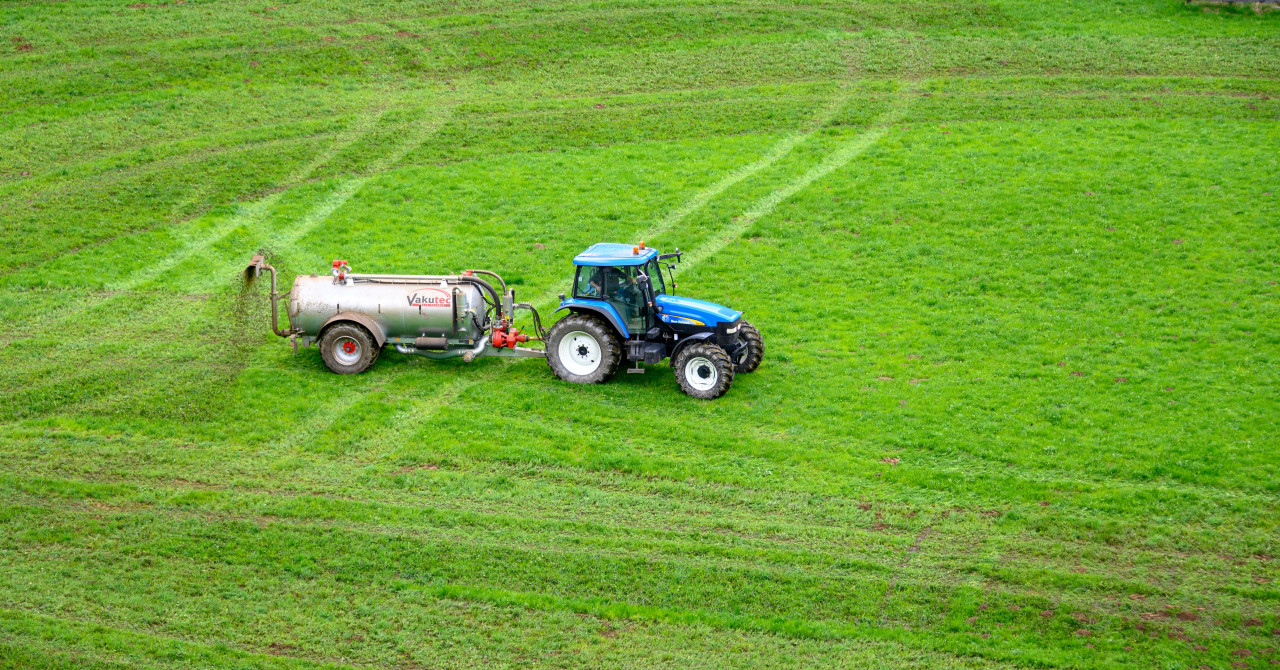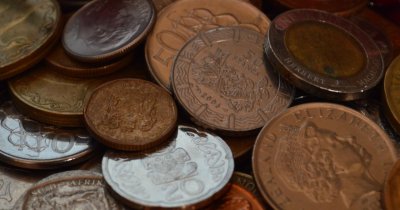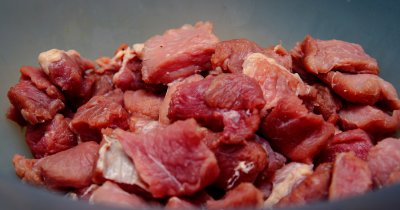According to Sifted, with Russia and Belarus accounting for about 25% of the total amount of Europe's supply of fertilizers and Kremlin representatives stopping fertilizer exports temporarily, European officials fear that the food production will suffer and prices will rise to alarming levels.
Gustaf Forsberg, CEO and founder of Swedish fertilizer startup NitroCapt, said that “Europe must find ways to endure this and greatly reduce its dependence on Russia; in the current situation, it is clear how important it is to be able to build a capacity for self-sufficiency.”
Fertilizers are mostly made of three elements, which are Nitrogen, Phosphorus and Potassium, depending on the crop, with the first one requiring large quantities of oil and gas in order to be obtained.
A number of startups have been on the look of overcoming the fertilizer issue in the past few years.
Improved livestock manure
Norwegian startup N2 Applied has been developing a new type of fertilizer for the past ten years and it came up with a product that could be just as good as chemical fertilizers.
The team has created a machine that extracts nitrogen oxide from the air and then pumps it in manure.
Through this process, the ammonia and methane can't escape from the manure, which not only makes it better as a fertilizer, but also makes it less smelly.
Carl Hansen, CEO at N2 Applied said that "in this case, the farmer is recycling nutrients on the farm and becomes independent of external nitrogen inputs in the form of chemical fertilizer. And because it is a circular model, you can produce food with a much lower environmental footprint."
N2 Applied has fitted nine farms across Scandinavia, the Netherlands and the UK with the machine in order to gather enough data to optimize its fertilizer production and the efficiency of the machine.
The team hopes to develop a next generation machine, which should be available later this year.
Urine could also be a novel solution
Toopi, a French fertilizer startup founded back in 2019, uses urine to produce their own variant of a fertilizer.
Michael Roes, founder of Toopi, says that urine is rich in NPK (Nitrogen, Phosphorus and Potassium) and other nutrients, which makes it a great alternative to other fertilizers and it also helps microorganisms grow in the soil.
“In France alone, we produce 30bn litres of urine and we cannot make use of that much. Instead, we collect urine from urinals placed in large buildings and in places like sports arenas,” says Roes.
While the company is at an early stage, it already signed a collaboration with an important fertilizer distributor for the next three years.
Roes added that "the only way to stop using or use less mineral fertilizers, is to recycle urine. You don’t have any trace of chemicals."
Reducing the carbon footprint
The traditional way of producing nitrogen fertilizers is responsible for 2.5% of the total greenhouse gas emissions, but some startups are trying to cut that number down.
NitroCapt is a Swedish startup that aims to produce nitrogen fertilizers without greenhouse gas emissions in a Germany-based plant in the next year.
Their fertilizer will be produced by fixation of nitrogen from air by using a patented energy-efficient reactor that will be operated completely from renewable energy.
Gustaf Forsberg, CEO and founder at NitroCapt, says that "our goal is to be able to contribute with a technology that will be able to create local self-sufficiency in nitrogen, which is the most important plant and nutrient in terms of volume and cost."
Cinis Fertilizer is another Swedish company that aims to make a more environmentally friendly version of the traditional fertilizer.
The company partnered with battery producer Northvolt to use the sodium sulphate salt bioproduct from the manufacturing process of the batteries in order to create potassium sulphate.
The generated fertilizer should have a 75% lower carbon footprint compared to traditional fertilizers, since it will be manufactured with industrial byproducts and at lower temperatures.
These solutions need to be made available at large scale quickly, since the problem posed by lack of fertilizers is a big one for Europe, as the EU imported over 7 million tons of fertilizers in 2020 alone.
 Mihai - Cristian Ioniță
Mihai - Cristian Ioniță












Any thoughts?